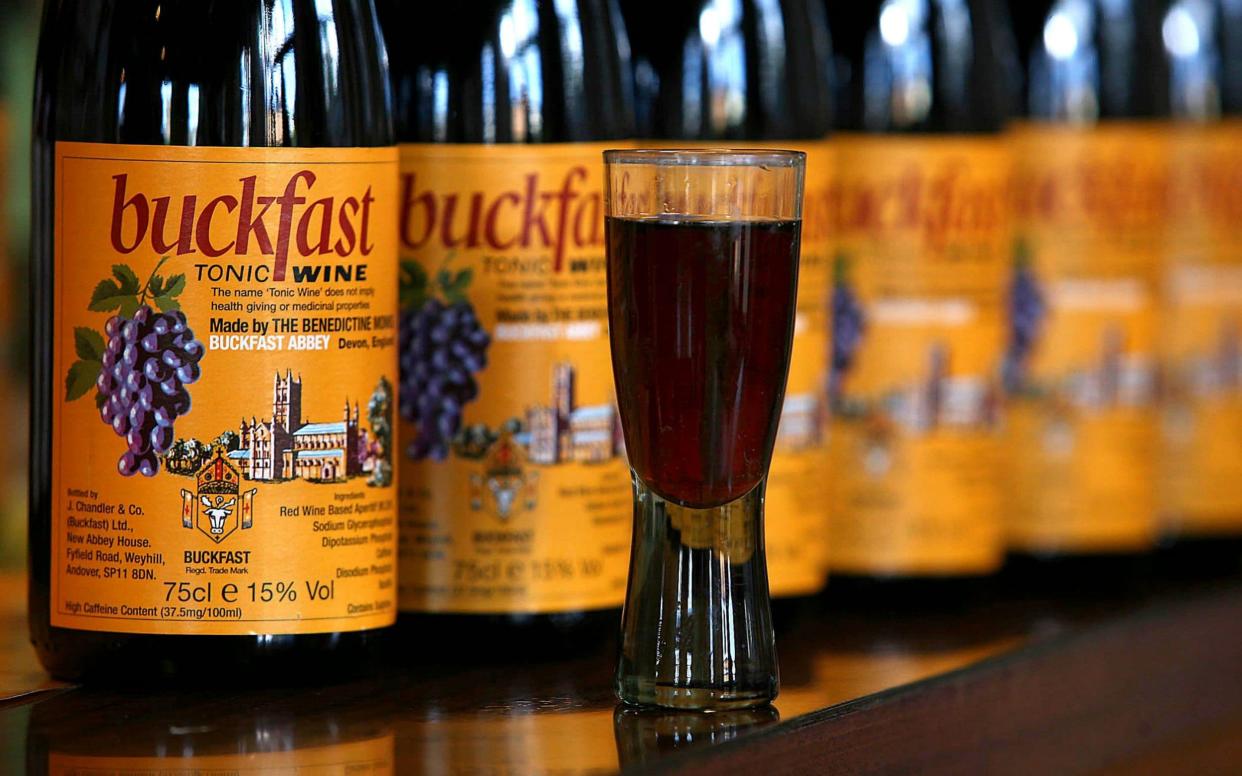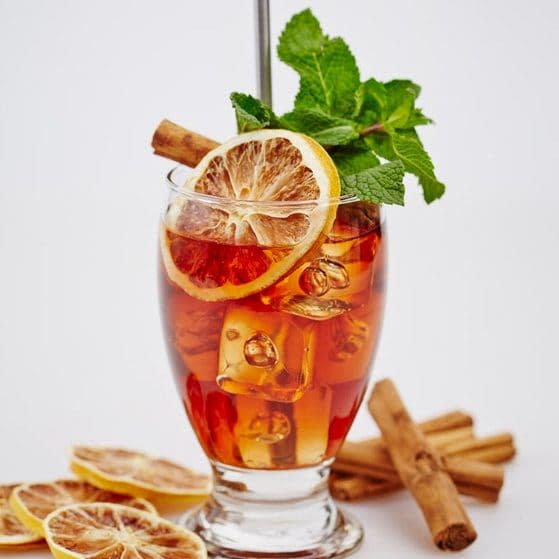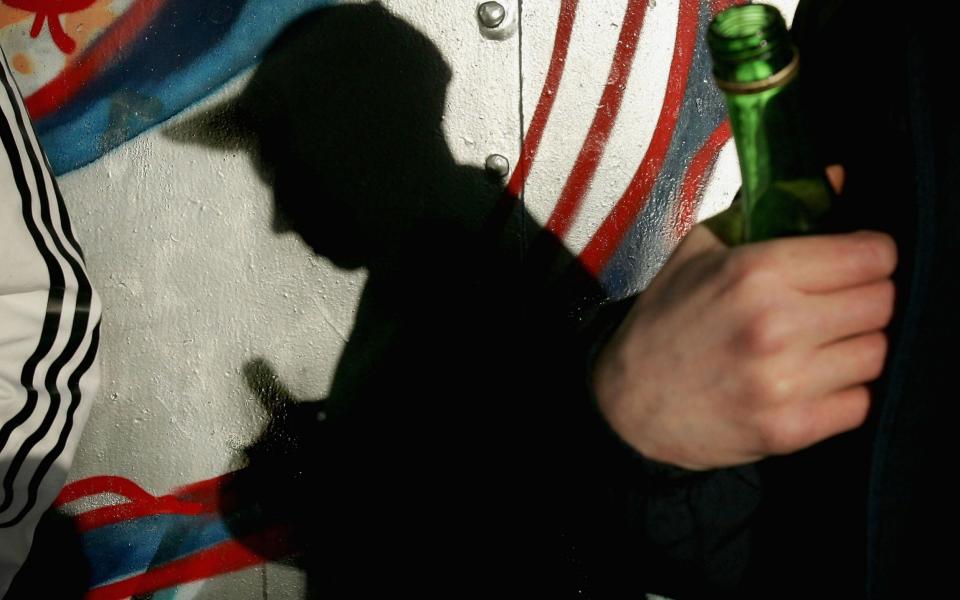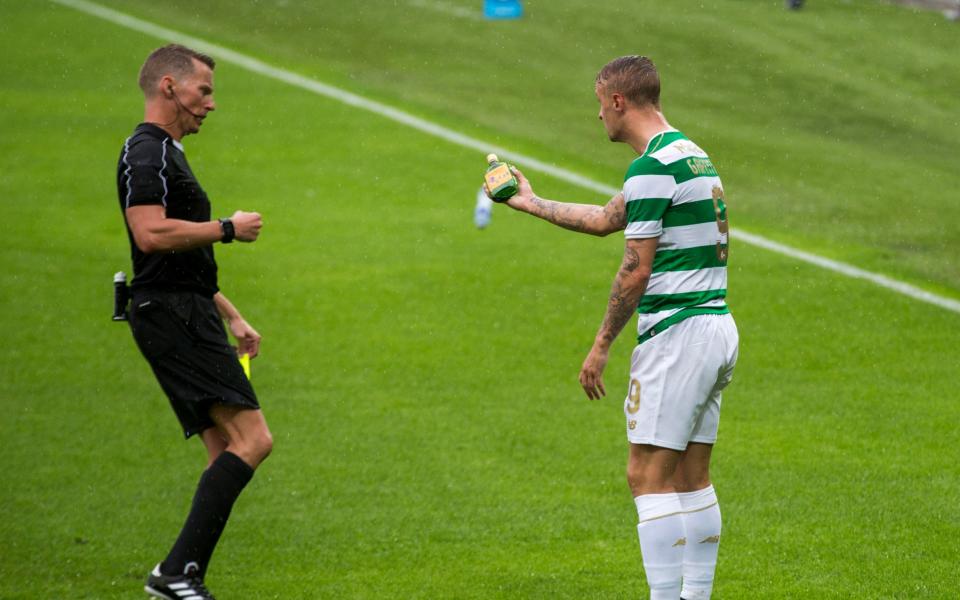England gets a taste for Buckfast, the fortified wine that's linked to crime

Sales of the controversial fortified tonic wine Buckfast are growing in southern England, after a campaign to improve its image.
Trade magazine The Grocer reports that Buckfast has climbed onto its list of Britain's top 100 selling alcohol brands, at 91. Southern England has helped boost sales of the drink by £2m in the past year, a 7.9pc rise. The growth has come without listings in the UK's big four supermarket chains.
According to Buckfast sales manager Stewart Wilson, a concerted bid to market the brand as an accompaniment to food or a cocktail ingredient is behind the increase in popularity.
Online cocktail suggestions include a Negroni, where Buckfast is mixed with dry gin, Campari and orange bitters; and an exotic-looking Devon Punch, which sees the tonic wine combined with lemon juice, black tea, cinnamon syrup, and orange bitters.

Buckfast has been made in Devon by Benedictine monks, who originally arrived in England after fleeing persecution in France in the 1880s, since the 1920s. Based on mistella, unfermented grape juice with ethanol, it is closely related to communion wine.
The 15pc alcohol content drink contains a high level of caffeine, and has long courted controversy, particularly in Scotland, where it has been linked to 6,500 reports of antisocial behaviour and violence in the past two years.

Police in Scotland and the Scottish Labour Party have both tried to ban the drink in the past, and campaigners have also targeted its producers.
Buckfast is especially popular in Glasgow and the west of Scotland, with one popular theory citing its similarity to communion wine as the reason Celtic fans began drinking it in the 1970s. In 2015 the Scottish Prison Service reported that over 43pc of inmates drank Buckfast before their previous offence, despite the fortified wine making up only 1pc of all alcohol sales nationally.

Last weekend, Buckfast was again linked to antisocial behaviour, when Celtic's Leigh Griffiths was targeted with missiles by Linfield fans. One of the objects thrown at him as he prepared to take a corner was an empty bottle of the wine.
Earlier this year the National Secular Society launched a bid to strip the company of its charitable status, which it described as an "abuse of the charitable system". As a charity, it does not pay tax on income.
But the Buckfast Abbey Trust defended its position, saying: "The majority of people who drink the tonic wine do so responsibly. We fully support the efforts of charities such as Drinkaware who work to reduce alcohol misuse and harm in the UK."

